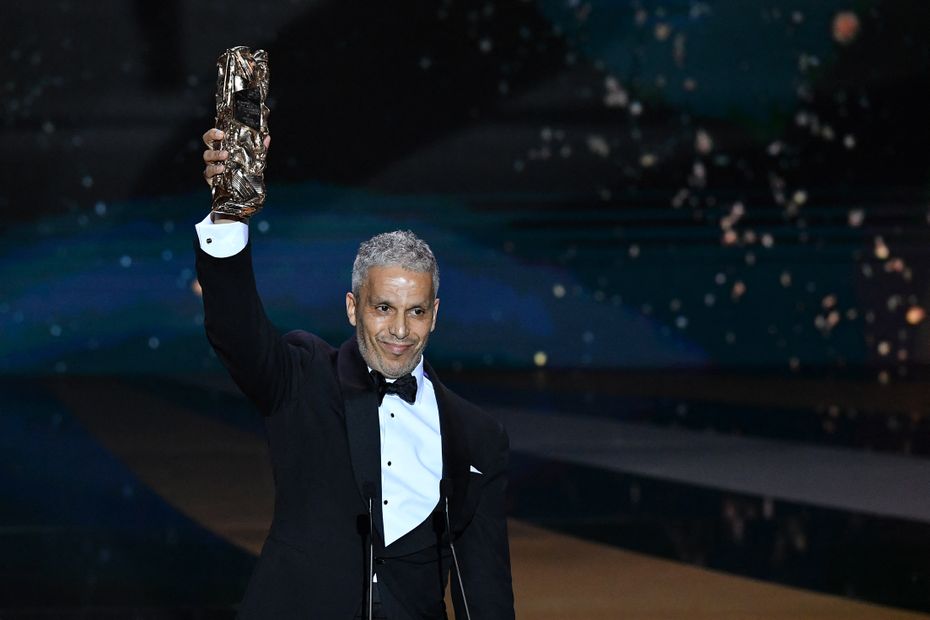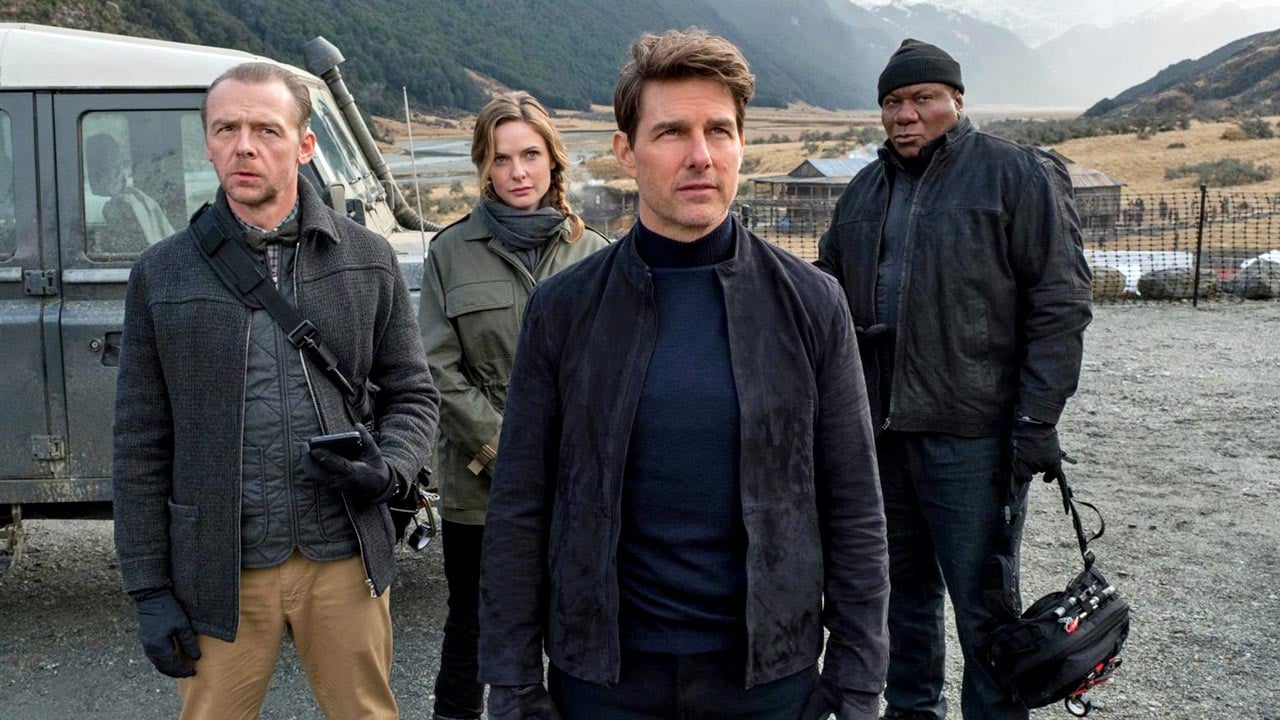Sami Bouajila was awarded the César for best actor on Friday for his role as a torn father in “Un fils”. Itinerary of an Isérois who has managed to get out of the roles of “beur” thanks to auteur cinema.
–
“I often have the impression that roles choose us, more than we choose them”, declared Sami Bouajila on Friday March 12, receiving his César for best actor from Fanny Ardant. With a series of major roles for thirty years, the Isérois has won the recognition of his peers: interpretation prize at Cannes for “Indigènes” by Rachid Bouchareb (2006), César for best supporting role for “The witnesses” by André Téchiné (2007) and recently a new distinction as best actor in a selection at the Venice Film Festival for “Un Fils”.
“I never felt in the shoes of the beur of service. These are roles which are part of me. I took twenty years to get rid of all labels, it is not to claim one today “, he confided in 2011 for the release of “Omar Killed Me”. “I forbid myself to become the spokesperson for a community: I am first and foremost an actor”.
Sami Bouajila pays a tribute full of emotion to his father by accepting the # Caesar2021 for Best Actor in “Un fils” ???? pic.twitter.com/SE7c1lwIKl
– CANAL + Cinema (@CanalplusCinema) March 12, 2021
“I knew I was in my place”
Born on May 12, 1966 in Grenoble to Tunisian immigrant parents, the young Sami discovered the cinema thanks to his father. This house painter took his two sons, “in a itchy suit”, discover American westerns, the Bruce Lee. After a sport-study swimming from which he draws his long and slender muscles, Sami Bouajila passes a CAP of turner without conviction. He will be a conscientious objector in Grenoble. Then ends up finding his way to the theater, “a bit by chance”.
“On the set, I knew I was in my place, that it was a place where you had to express yourself, build yourself, grow, decompartmentalize, relax. It is through the theater that I felt that is the strongest “, he confided at Inrocks.
He joined the Conservatoire de Grenoble then the Comédie de Saint-Etienne, one of the first national drama centers where he worked closely with professionals. He learns Shakespeare, Marivaux and Koltès. Contacted by an agent in Paris, he landed his first role in 1991 and became the resourceful commuter of Philippe Galland’s “La Thune”.
Racial profiling
In Paris, he is unhappy and claims to suffer from facial crime while his friends break through. “The camera is radical, it films everything. If you convey frustration, bitterness, it comes out”, he explained at Télérama.
Karim Dridi’s “Bye-Bye” (1995) opens doors for him. He tries a Hollywood swerve in Edward Zwick’s “Curfew” (1998) with Denzel Washington where he camps … a Palestinian terrorist. “It was great to participate in a Hollywood production but it was a parenthesis. To prolong it, we would have had to bump into a lot of clichés. I was incapable of it”, he confessed to Télérama.
He then made great encounters: Arnaud Desplechin (“Léo, playing in the company of men”), Abdellatif Kechiche (“Blame it on Voltaire”), Olivier Ducastel and Jacques Martineau who offered him his first role as solar homosexual in the search for the father in “Drôle de Félix”. And especially André Téchiné with “The witnesses”. He plays Mehdi, a complex character who attempts the homosexual adventure in the midst of the onset of AIDS.
Gradually, everything became more obvious to this father of two children. “I had the impression in what I was offered to no longer be limited to my origins, I was able to interpret roles like those of ‘Indigenous’ or ‘Omar killed me’, in really focusing on the psychology of the characters “. “Sami is truly an exceptional actor”, greeted his friend Roschdy Zem who directed him in “Omar killed me”. “There is his talent and also this femininity that he fully assumes”.
–
Continue reading on these topics
–
–


